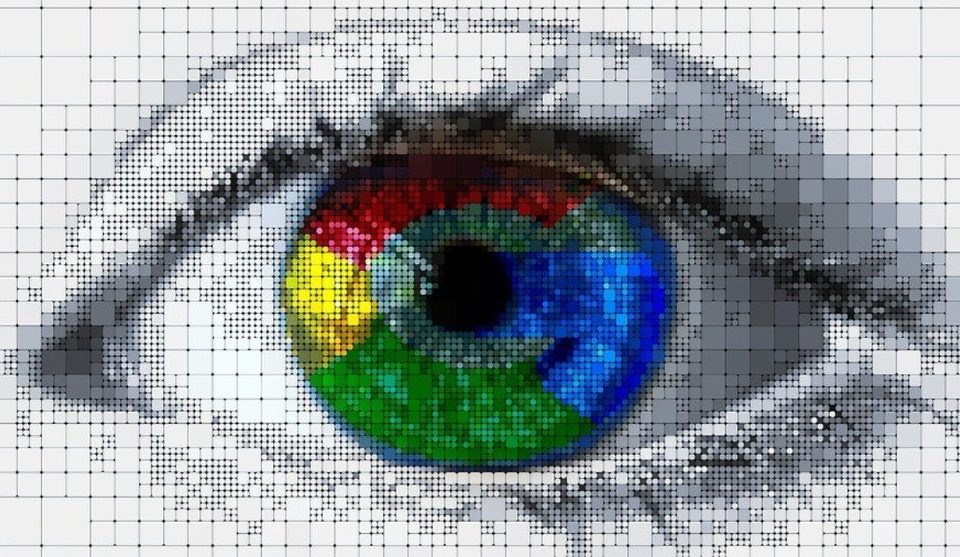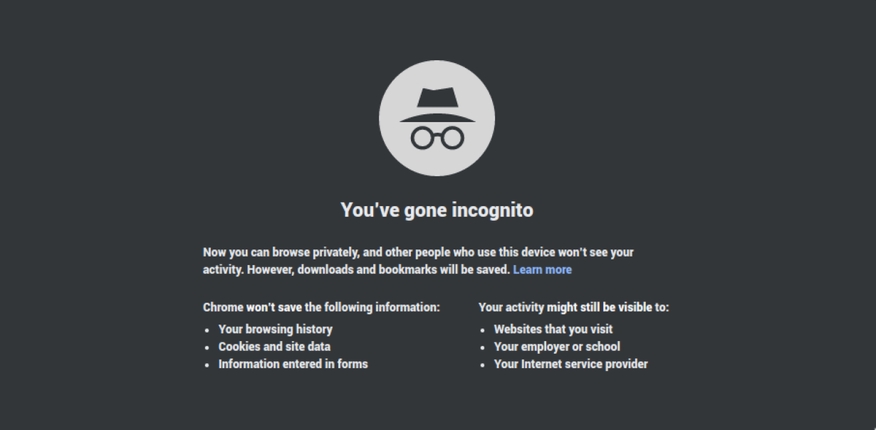Judge “disturbed” to learn that Google still tracks user in ‘Incognito’ mode in its Chrome browser; demands answers

According to Google’s private browsing guideline, “if you don’t want Google Chrome to remember your activity, you can browse the web privately in Incognito mode.” So for Chrome users who don’t want their privacy and identity revealed online, browsing using the Incognito mode means the Google browser won’t track them or remember their activities.
Unfortunately, that’s no longer the case, as a California Judge recently found out. Now, Google has some explaining to do. According to a report from Bloomberg, a US District Judge Lucy Koh in San Jose, California said says she was “disturbed” over Google’s data collection practices after she learning that the search giant still collects and uses data from users in its Chrome browser’s so-called ‘incognito’ mode. Judge Koh is demanding an explanation “about what exactly Google does.”
The revelation came to light in a class-action lawsuit that describes the company’s private browsing claims as a “ruse” – and “seeks $5,000 in damages for each of the millions of people whose privacy has been compromised since June of 2016.”
According to Bloomberg, US District Judge Lucy Koh said she finds it “unusual” that the company would make the “extra effort” to gather user data if it doesn’t actually use the information for targeted advertising or to build user profiles.
“Weighing Google’s attempt to get the suit dismissed, Koh said she finds it “unusual” that the company would make the “extra effort” of data collection if it doesn’t use the information to build user profiles or targeted advertising,” Bloomberg notes.
Judge Koh told Google’s lawyers, “I want a statement from Google about what information they collect on users on the court website, and what it is used for.” The case is Brown v. Google, 20-cv-03664, U.S. District Court, Northern District of California in San Jose.
Meanwhile, Andrew Schapiro, a lawyer who represented Google, argued Google’s privacy policy “expressly discloses” its practices. “The data collection at issue is disclosed,” Schapiro said.


